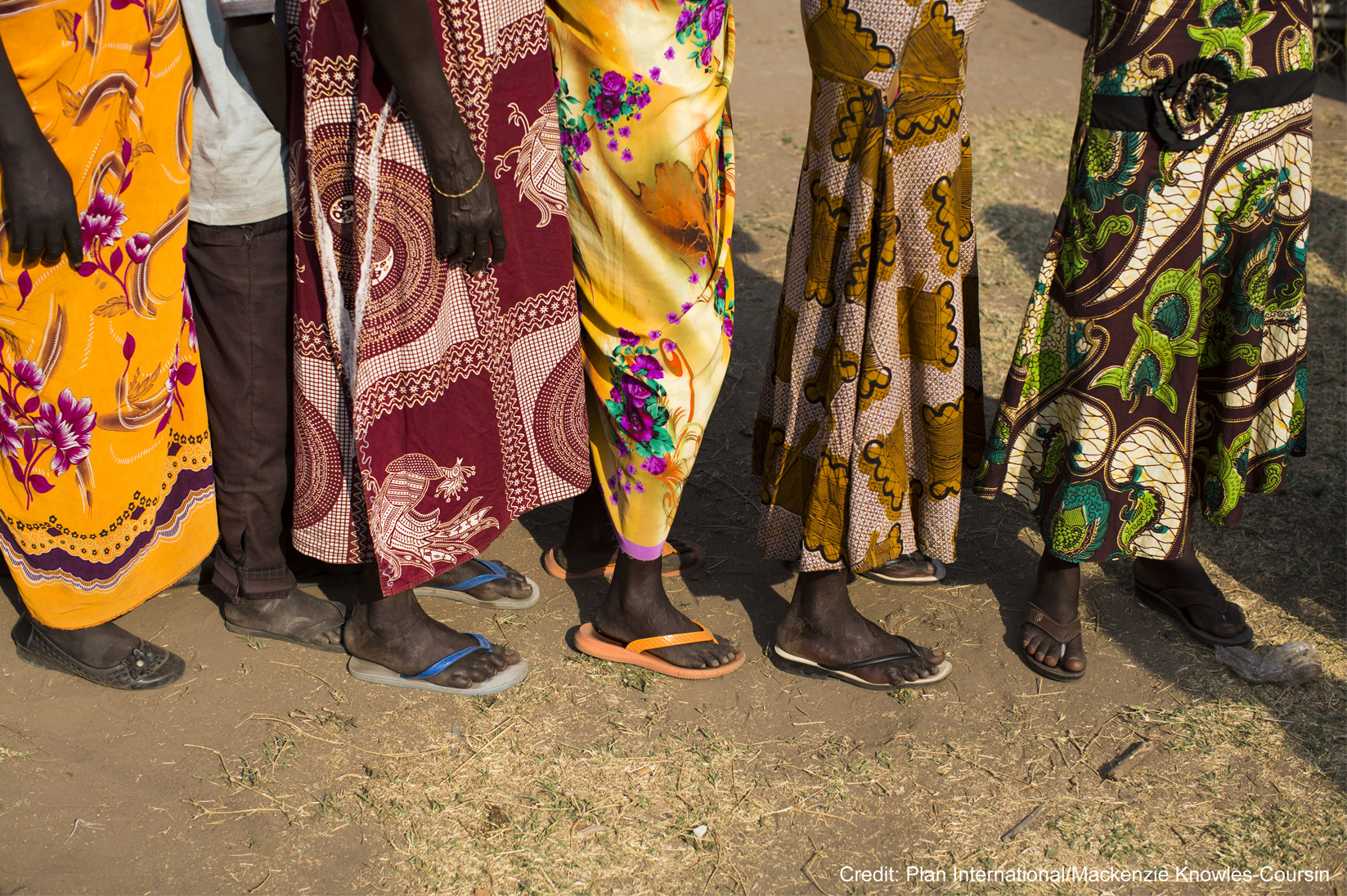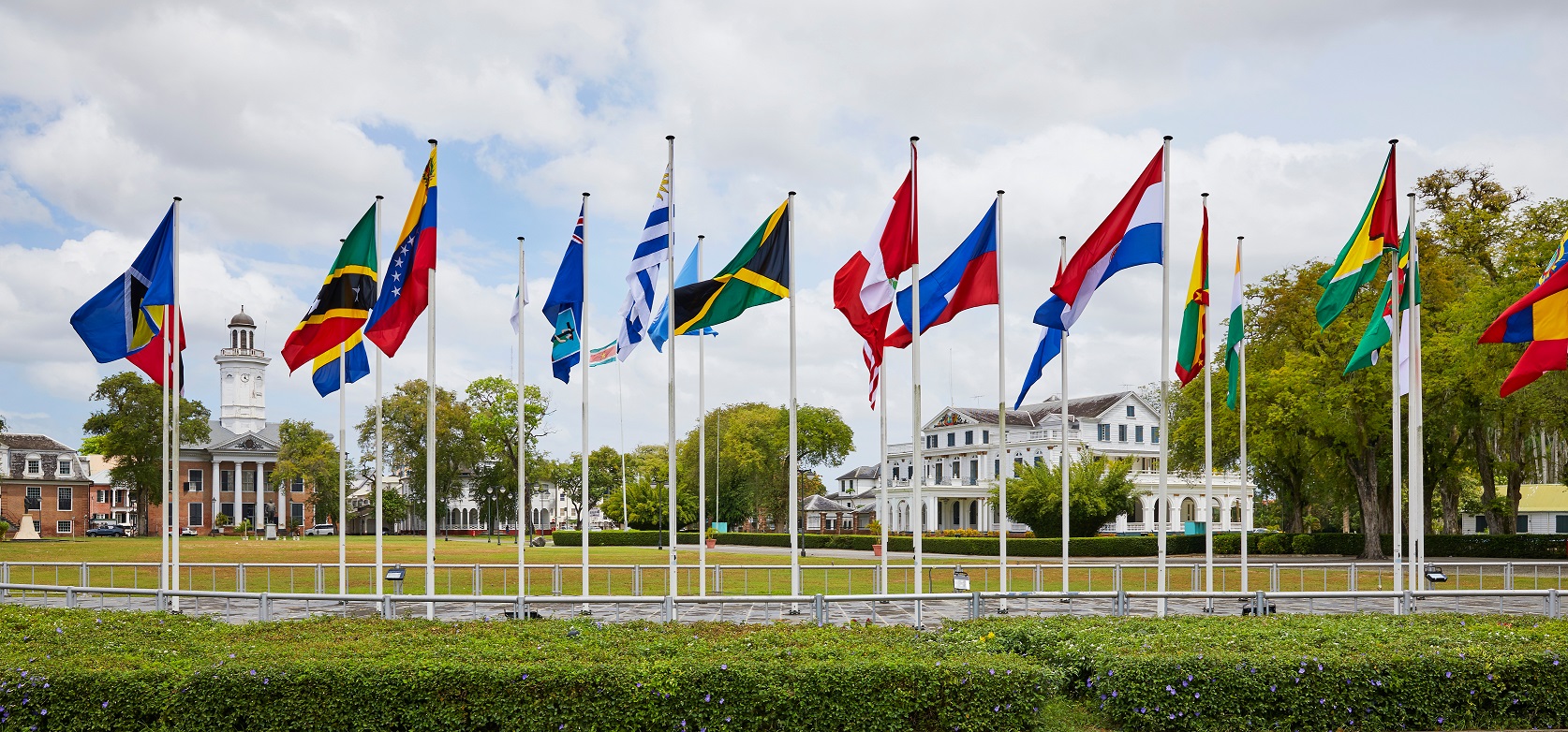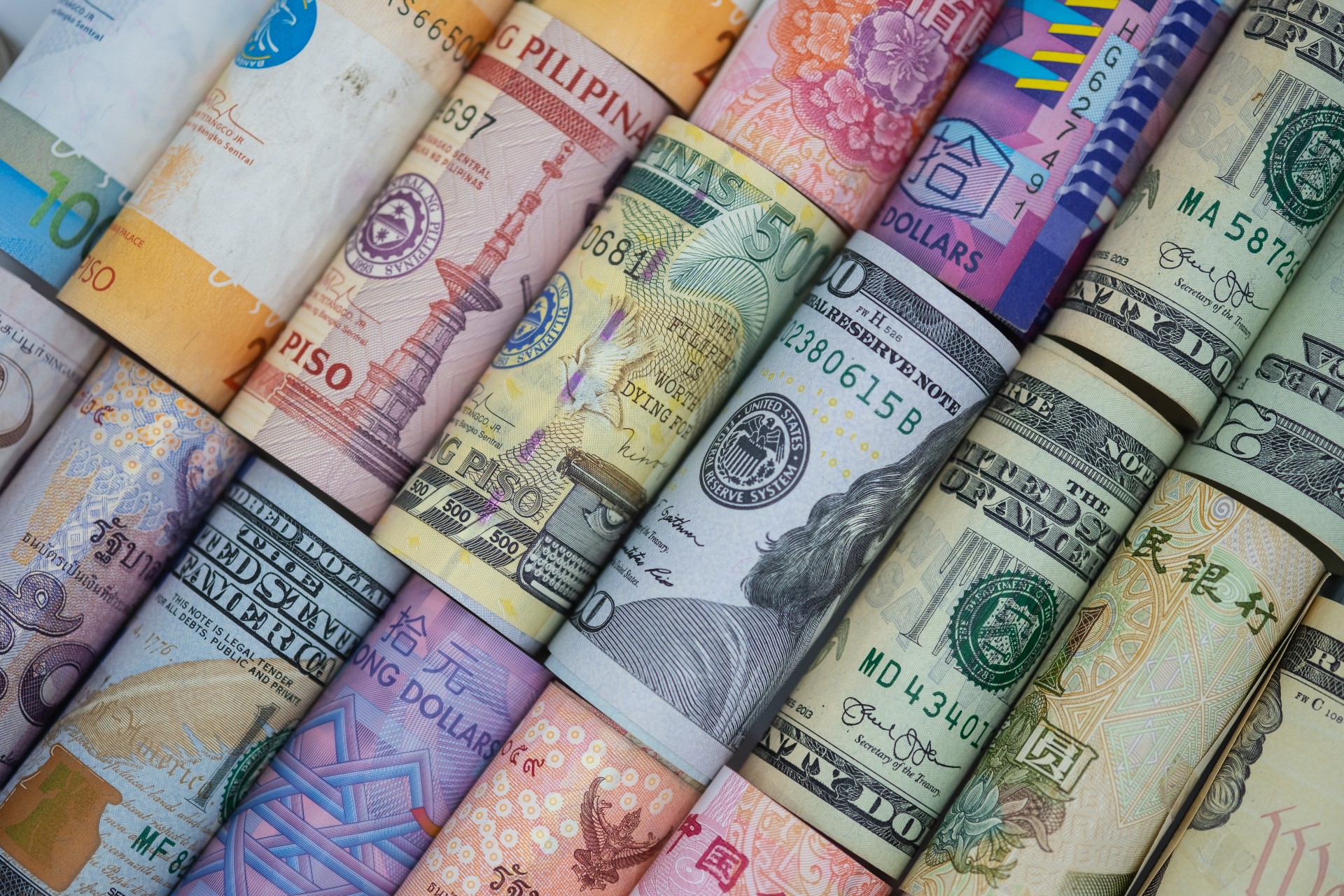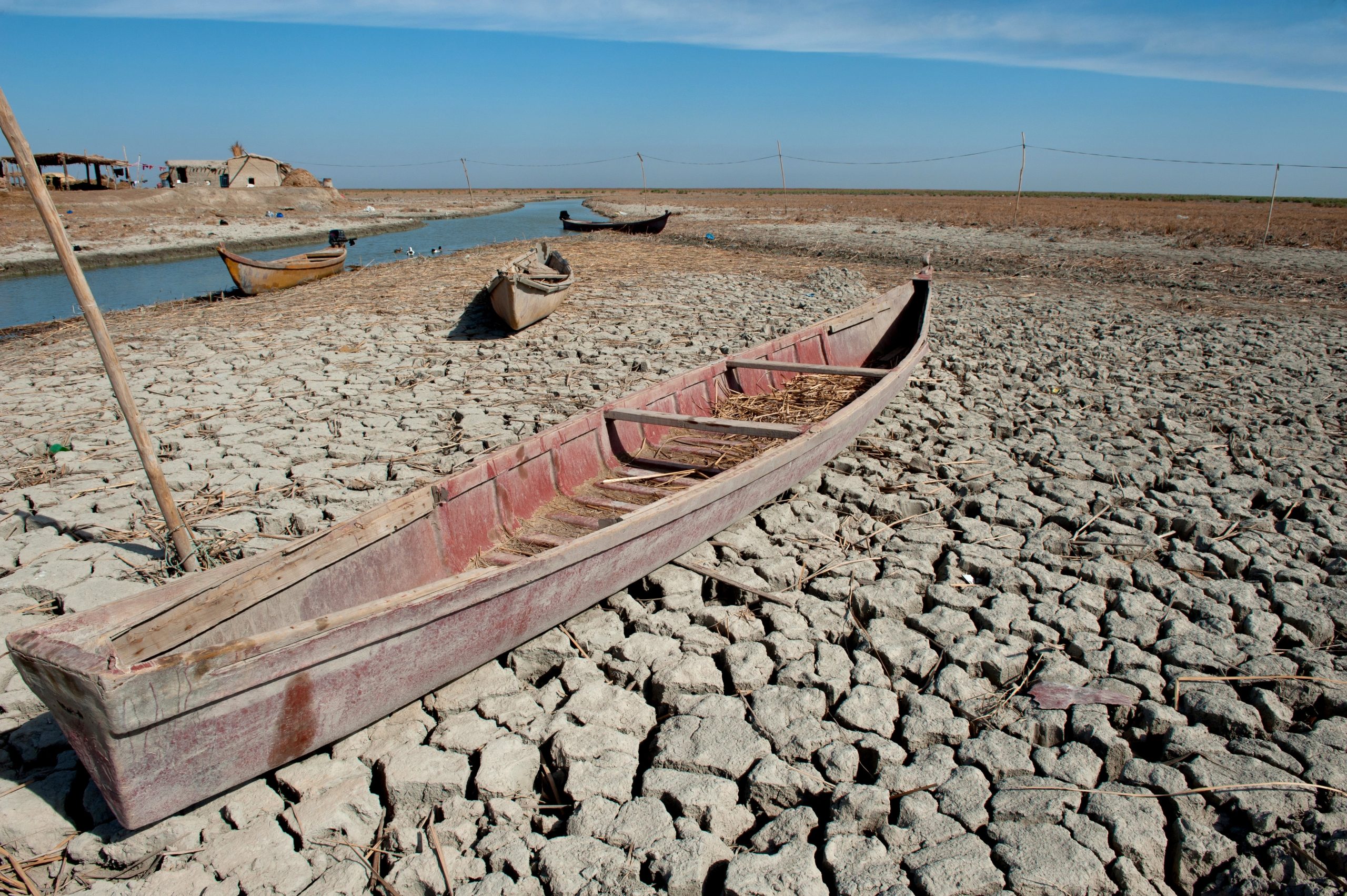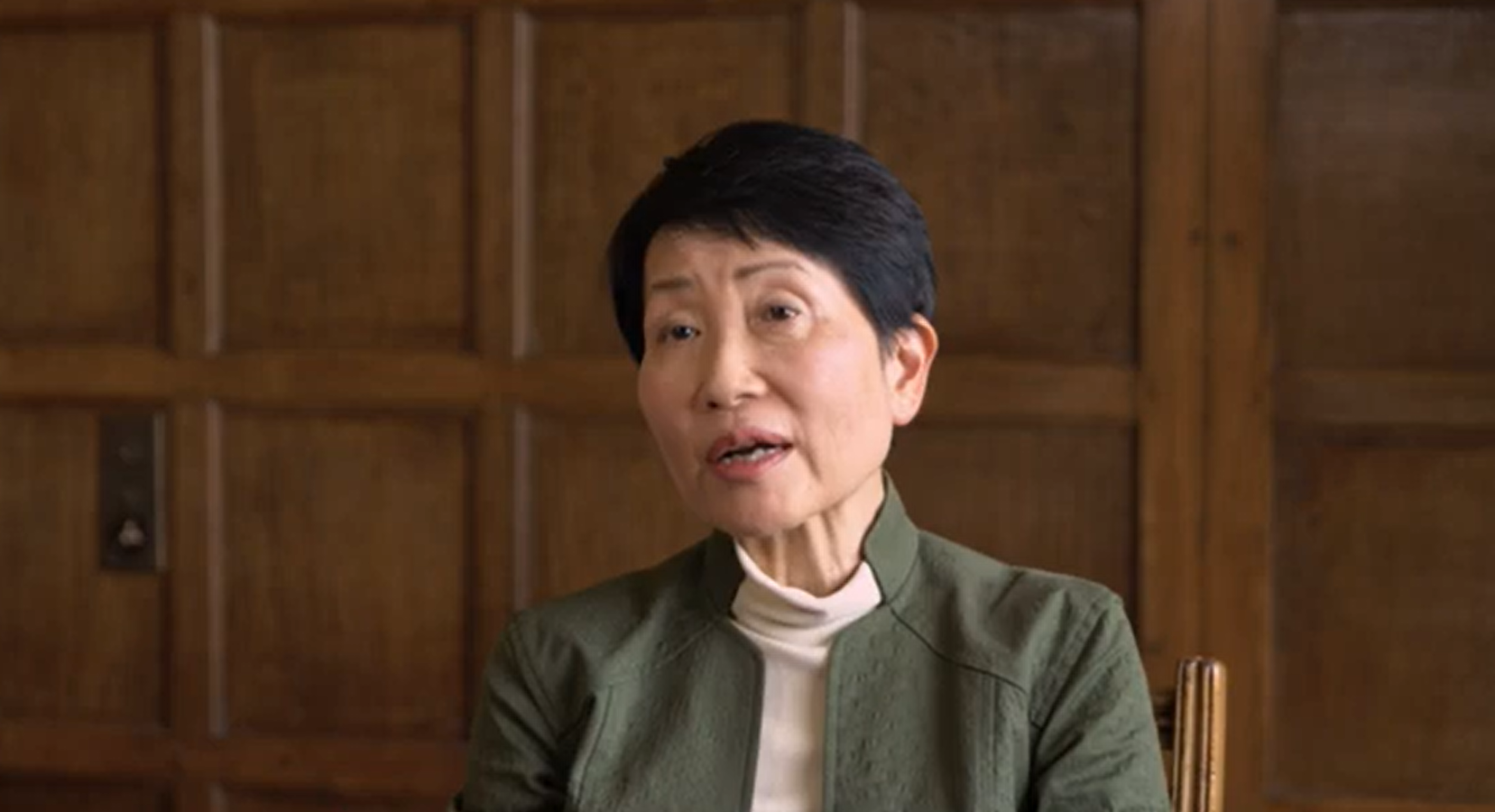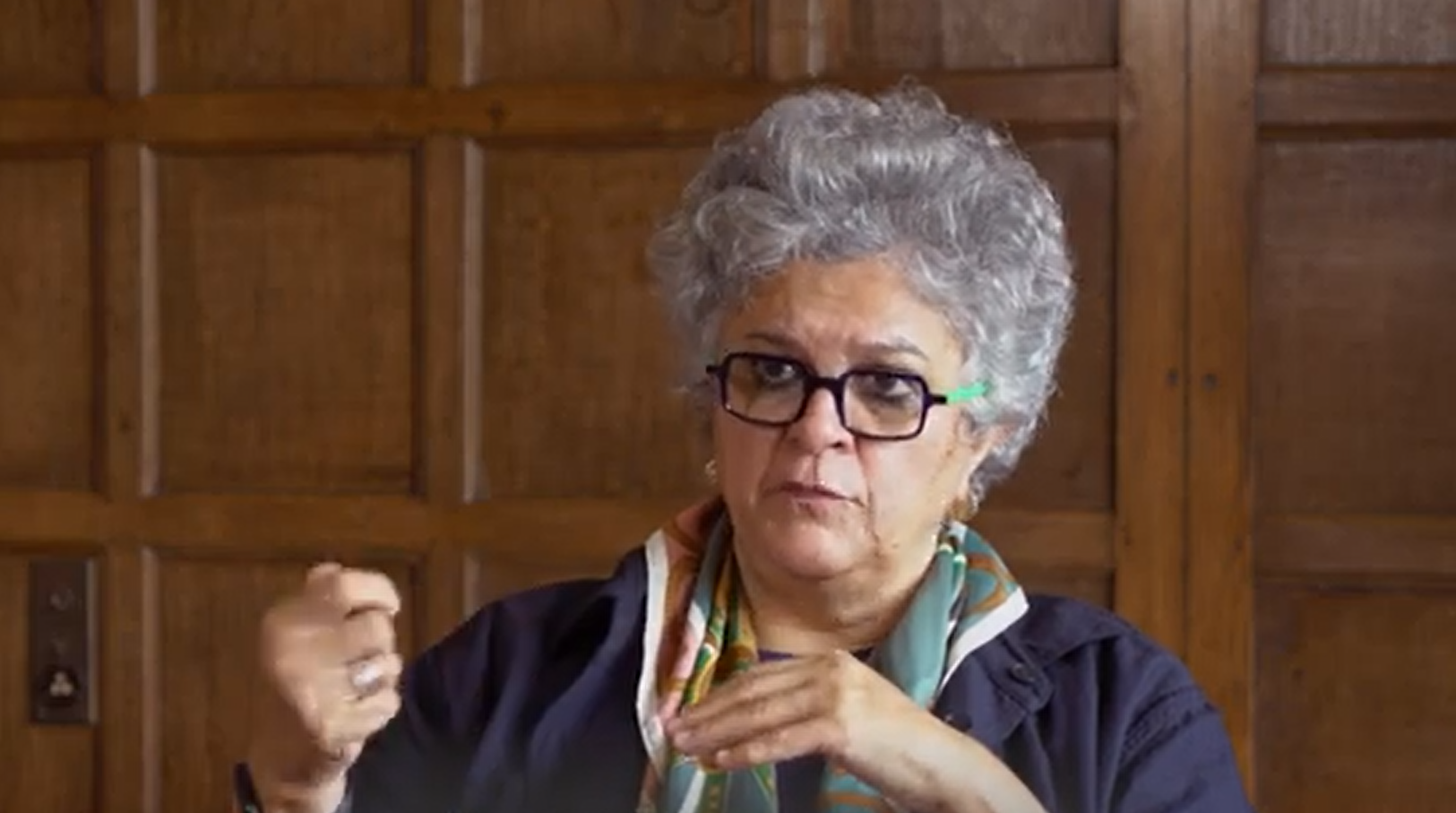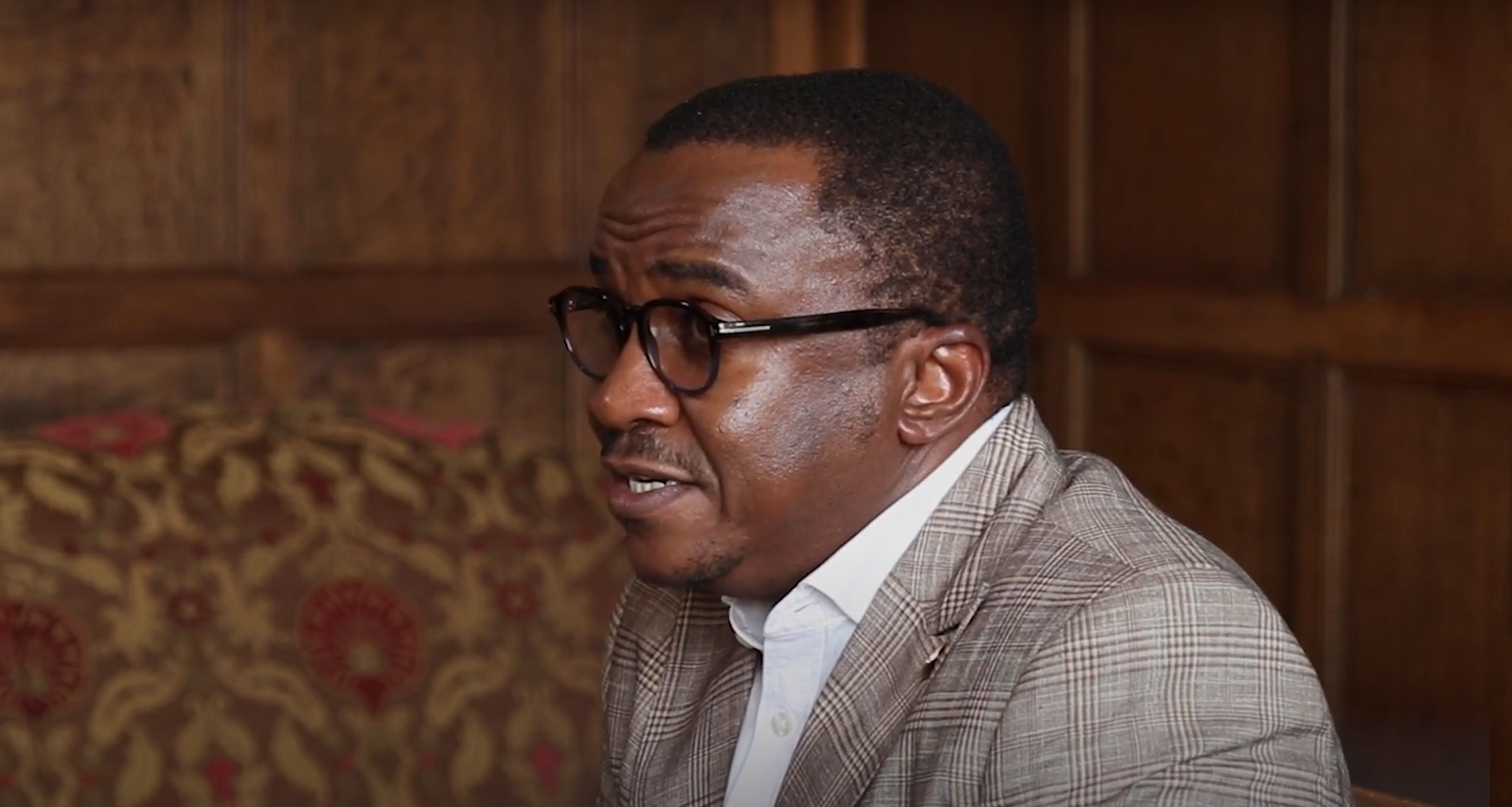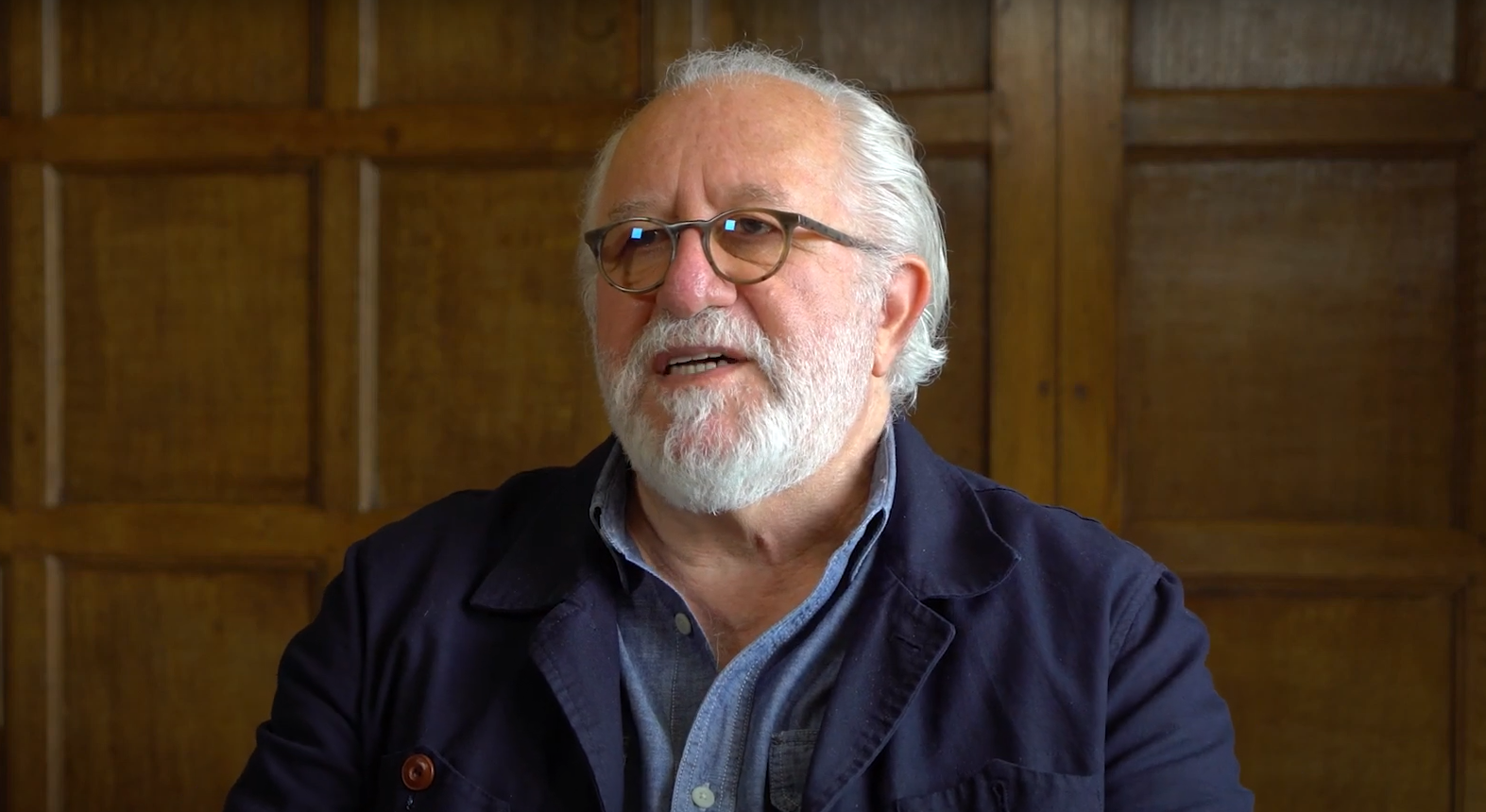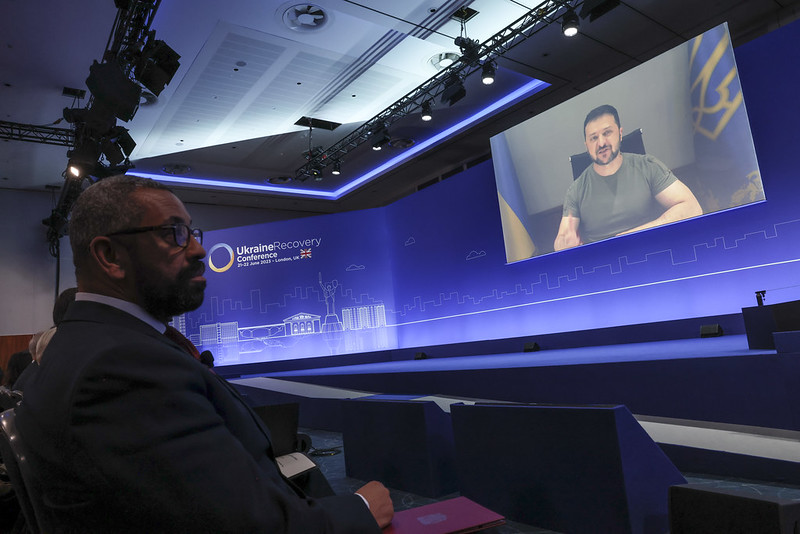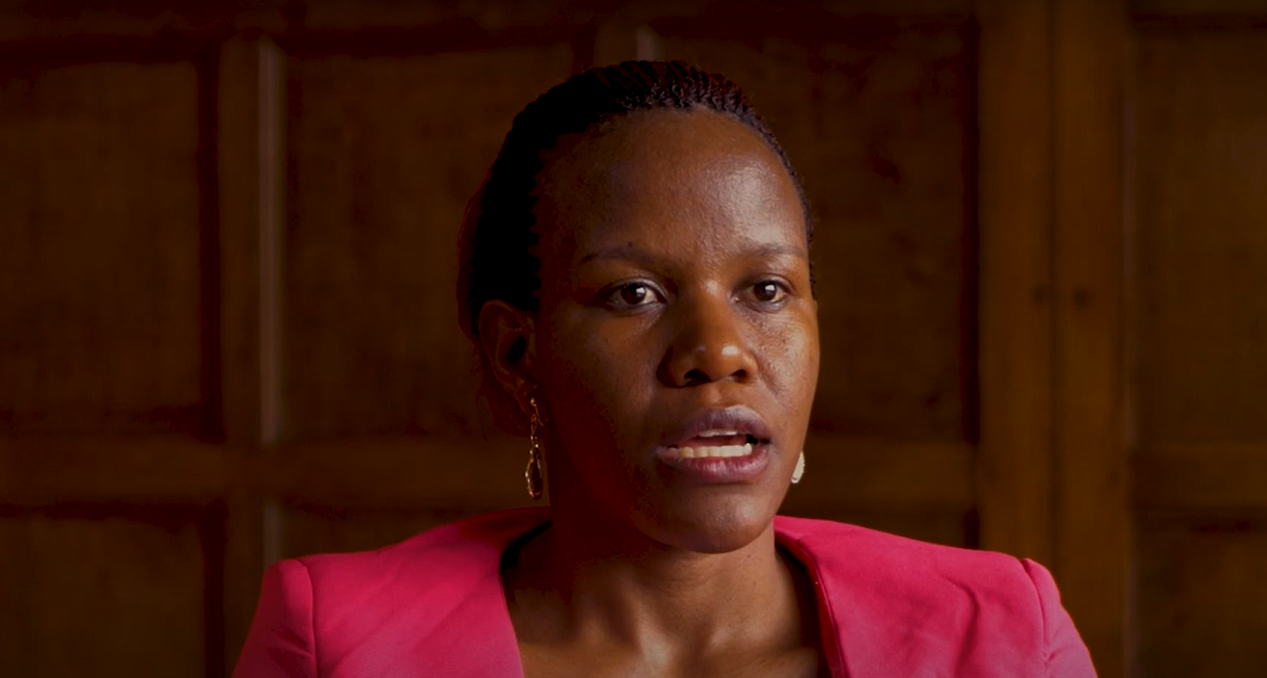Female participation in political and economic spheres is a critical yet largely undervalued resource. Encouraging the next generation of women to engage with traditionally male-dominated institutions, organisations and structures could have significant impact on stability and prosperity in fragile, developing and mature economies alike.
This Wilton Park roundtable allowed participants from a range of countries and stakeholder groups to examine the current level of engagement in different regions; identified where action could be taken to deliver results most quickly; and evaluated the potential impact of increased empowerment of women and girls in politics and the economy.
This forward looking dialogue sought to share international experience of and approaches to engaging women and girls with political and economic processes. The aim of the meeting was to generate commitments and facilitate collaboration between organisations and individuals that will contribute to enhancing the participation of women across political and economic spheres. Institutions, be they public or private, need to recruit from the whole talent pool and represent the people they serve for maximum impact and return.
The roundtable provided a forum to examine, debate and progress action on:
- Male champions of change: assessing their impact and developing their agenda
- Creating unrestrictive pathways: changing perceptions, building an evidence base, improving access to opportunities
- Policy influence: the question of quotas; success stories and shortfalls of government regulation and legislation
- Analysing the impact of diversity programmes worldwide
- Gathering data around the barriers faced by women in engaging with political and economic structures and institutions
- Mentorship programmes to empower younger generations
All participants took an active part in shaping the discussions and outcomes in both the plenary and working group sessions, with all present encouraged to share their perspectives within the interactive format that is Wilton Park’s hallmark. Tangible recommendations will be made to identify policies, targets and programmes that can advance the progress already made around the world in delivering equality of opportunity.
Roundtable conclusions
- Participants took a solutions oriented approach to the challenges outlined throughout the meeting, noting that a lot of what could be done would not need policy change, but rather movement from the ground up to work towards equal economic and political engagement of women and men.
- There is a clear need to reframe the discussion away from a gender-based prism and towards terminology that promotes equality of opportunity for men and women – towards balance and inclusiveness.
- Equality of legal rights for women was agreed to be the basis for all other work to stem from.
- The importance of people was a strong theme – building networks (including this group), using existing networks to reach out, connect and consolidate to ensure that smaller groups are embedded with larger movements. Mentoring, advocating, engaging with potential male champions and supporting other women as collaboratively and inclusively as possible were also proposed as important initiatives.
- Collecting data and evidence of the socioeconomic benefits of greater equality of engagement to deliver a powerful message was highlighted – to change policy and ensure that international initiatives are strongly supported. It was suggested that encouraging the media to become partners in sharing this story and treating women more equally in the press, broadcast and social media would help spread the word.
- The question of quotas arose – are they a means by which to speed up history?
- Initiatives that were proposed included a “made by women” trademark/logo; creating a means by which to form an umbrella group with a common purpose to harmonise global initiatives on equality; including equality and gender balance in the curriculum from the start; creating networks of young people (boys and girls) and amplify role model stories through those networks; encouraging all those engaged to contribute to the Roadmap for 2020 and better data collection to make an empirical and economic argument for policy/legislative change; taking existing initiatives like Women Impacting Public Policy (WIPP) and WEConnect to as many countries as possible.
- Finally, creating a level playing field for all genders and minorities will involve adequate training to allow access to the same opportunities – whether in negotiating skills, contracting, bidding for grants, applying for finance, debating, caregiving – and may require changes in legislation to enable those barriers to opportunity to be removed.
#EngageandChange campaign
We invite you to get involved with our #EngageandChange campaign, as well as our wider communications activity. Please see the documents below for information on how to participate and #EngageandChange.
Download the #EngageandChange Sign
Further information
The EU Parliaments with the most female participation, Statista
The world’s top cities for female entrepreneurs, Statista
Social media
Social media engagement is encouraged for this event. Comments might include a summary of what is being said (non-attributable), the direction of the discussion or general impressions of the conference.
For Twitter users, please include @WiltonPark when tweeting and we will retweet your message.
Suggested hashtags: #weekofwomen
Partners on Twitter: @foreignoffice and @FCOHumanRights
